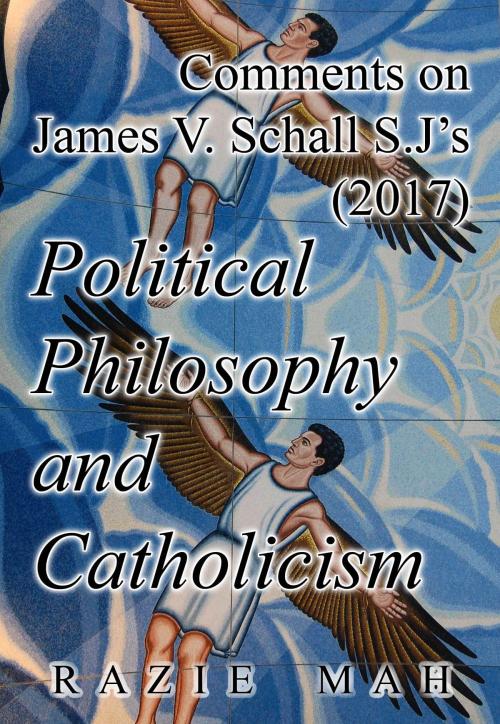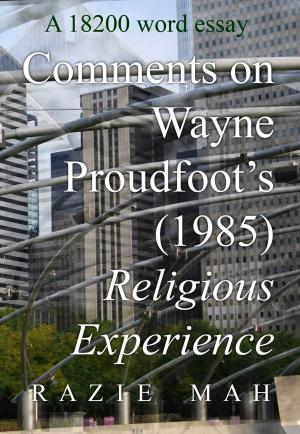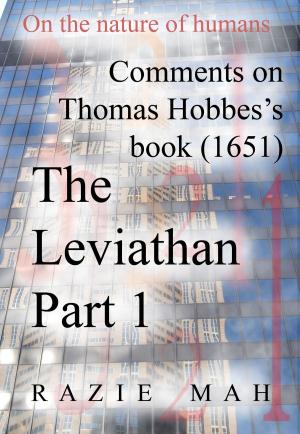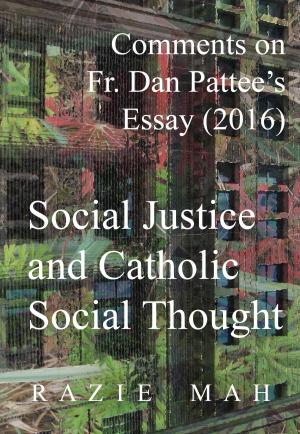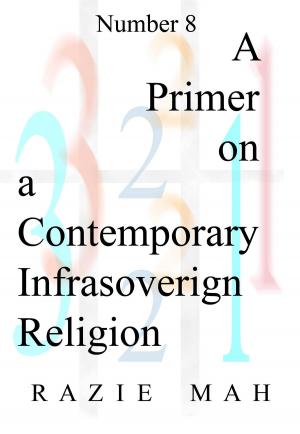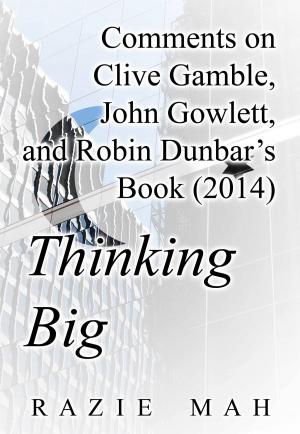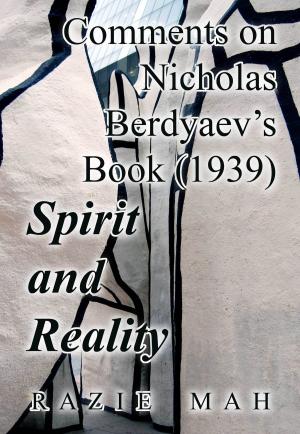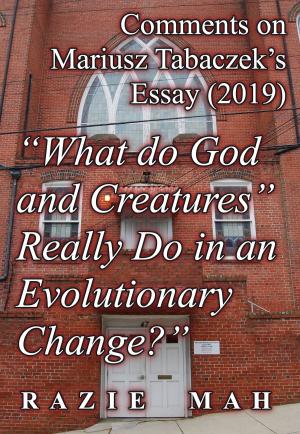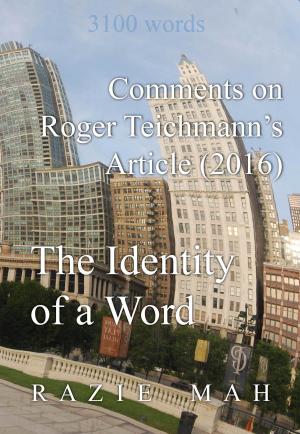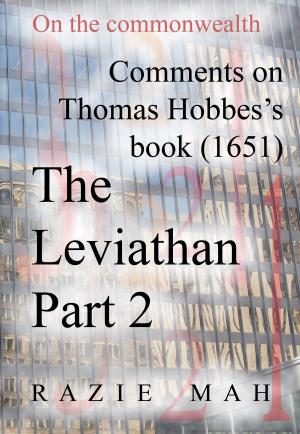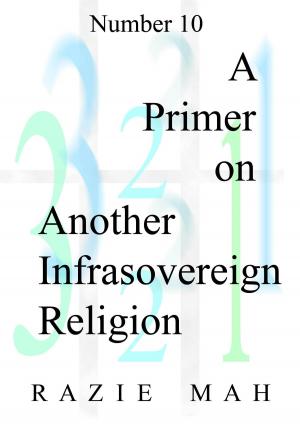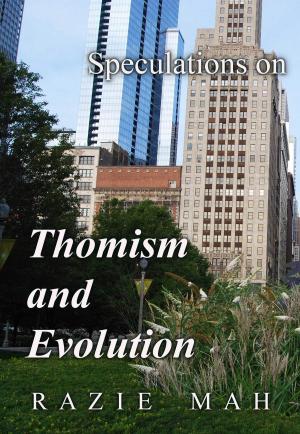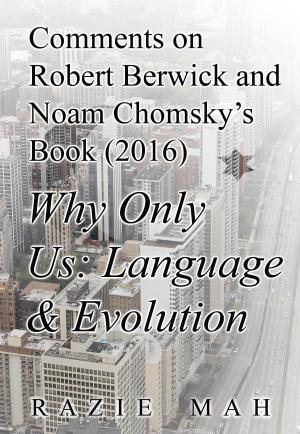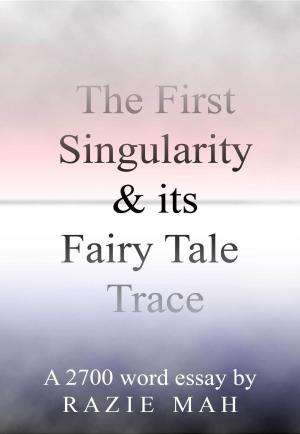Comments on James V. Schall S.J.’s (2017) Political Philosophy and Catholicism
Nonfiction, Religion & Spirituality, Philosophy, Methodology, Political| Author: | Razie Mah | ISBN: | 9781942824435 |
| Publisher: | Razie Mah | Publication: | October 15, 2017 |
| Imprint: | Smashwords Edition | Language: | English |
| Author: | Razie Mah |
| ISBN: | 9781942824435 |
| Publisher: | Razie Mah |
| Publication: | October 15, 2017 |
| Imprint: | Smashwords Edition |
| Language: | English |
James V. Schall S.J. is a professor emeritus of Georgetown University. He has written many books on reason, revelation and political philosophy. In this article, he argues that political philosophy differs from other philosophies. It must be open to “something” beyond the city (polis). For ancient Greek philosophers, such as Plato, this “something” required the immortality of the soul. Otherwise, justice could not prevail in the polis. For Christians, the “something” extends to the resurrection of the body. Otherwise, justice would not be ultimate.
These comments re-articulate Schall’s argument using the relation structures inspired by the categories of Charles S. Peirce. The first relation structure is the triad of judgment. The second is the interscope.
The re-articulation explores an alternate textual structure and more clearly exposes the relational nature of political philosophy.
Prerequisite texts: A Primer on the Category-Based Nested Form, A Primer on Sensible and Social Construction, the chapter on “presence” in How To Define the Word “Religion”.
James V. Schall S.J. is a professor emeritus of Georgetown University. He has written many books on reason, revelation and political philosophy. In this article, he argues that political philosophy differs from other philosophies. It must be open to “something” beyond the city (polis). For ancient Greek philosophers, such as Plato, this “something” required the immortality of the soul. Otherwise, justice could not prevail in the polis. For Christians, the “something” extends to the resurrection of the body. Otherwise, justice would not be ultimate.
These comments re-articulate Schall’s argument using the relation structures inspired by the categories of Charles S. Peirce. The first relation structure is the triad of judgment. The second is the interscope.
The re-articulation explores an alternate textual structure and more clearly exposes the relational nature of political philosophy.
Prerequisite texts: A Primer on the Category-Based Nested Form, A Primer on Sensible and Social Construction, the chapter on “presence” in How To Define the Word “Religion”.
